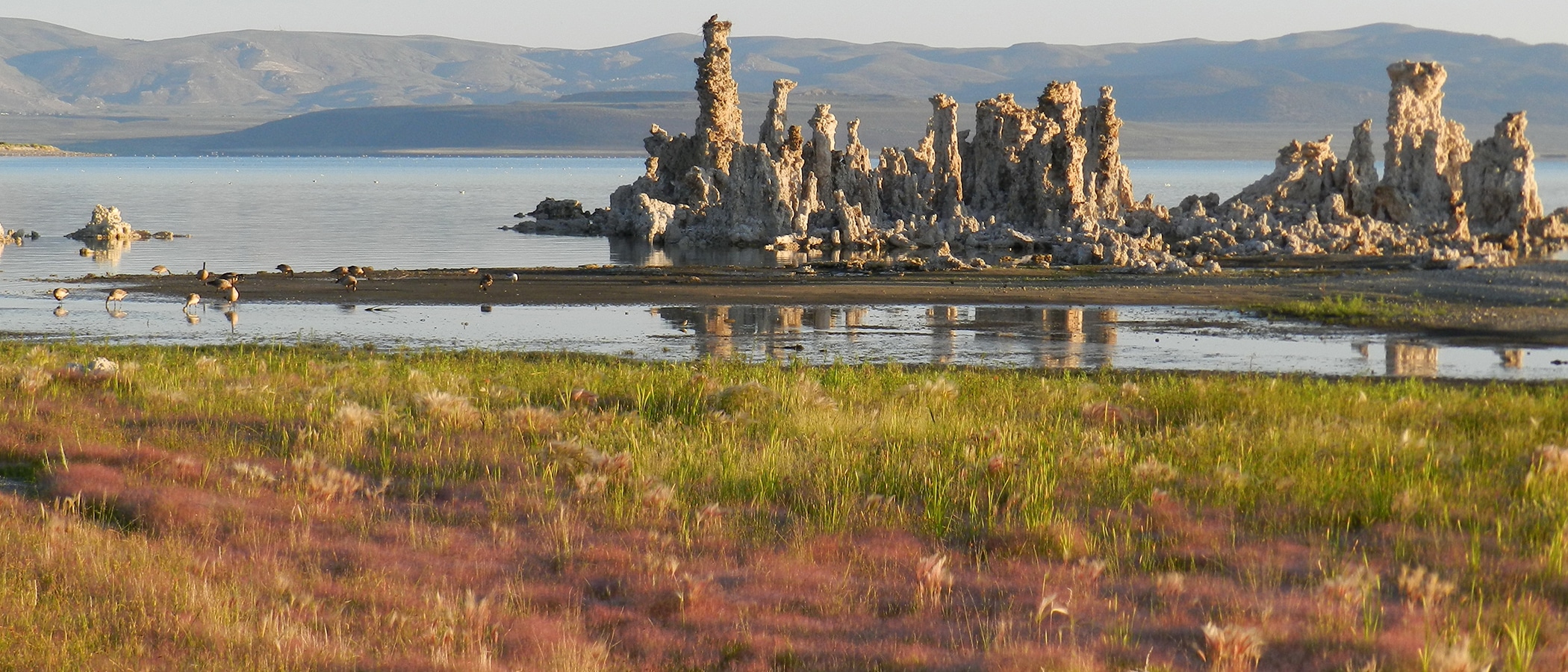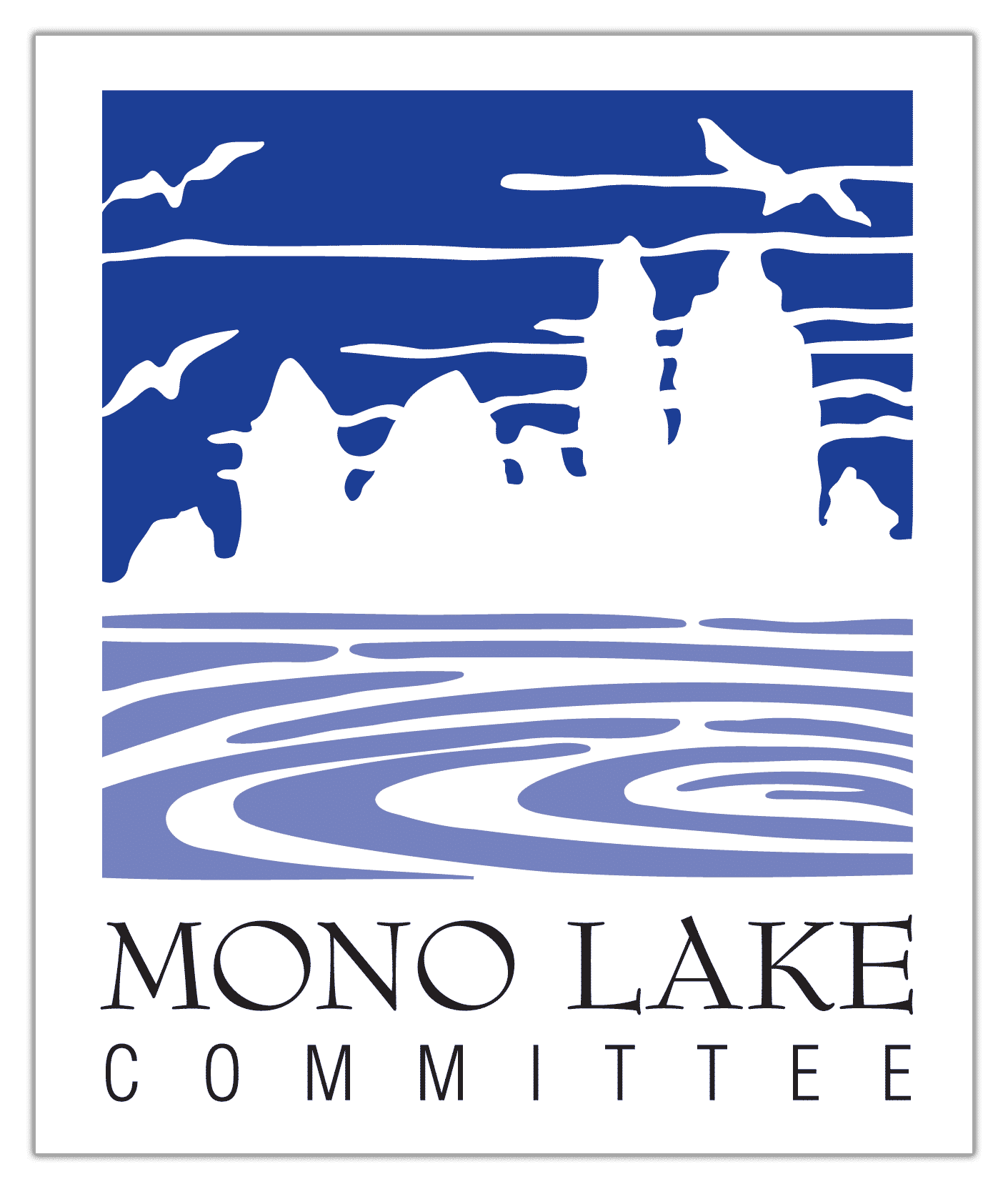
 The sign said “closed.” We were at Julia Pfeiffer Burns State Park, and the bulletin board showed that the trail I was on seven years ago—the only place I have seen a California Condor—was closed. We were headed towards Limekiln State Park, but the bulletin board informed us that parts of that park were still closed due to a fire—a fire that burned over two years ago.
The sign said “closed.” We were at Julia Pfeiffer Burns State Park, and the bulletin board showed that the trail I was on seven years ago—the only place I have seen a California Condor—was closed. We were headed towards Limekiln State Park, but the bulletin board informed us that parts of that park were still closed due to a fire—a fire that burned over two years ago.
The dismal condition of California’s State Parks couldn’t have been clearer. They literally have become a joke—a sad joke that was repeated often on our September trip. It seemed like the parks were expensive to enjoy, closed, and trashed.
The day before, after paying $35 to camp at Pfeiffer Big Sur State Park, we picked up trash for ten minutes after deciding on a campsite. Luckily, the surprisingly-high camping fee got us free access to state parks the next day. Unlike the large number of drivers who parked along the shoulders of Highway 1 outside the state parks with $10 parking fees, we drove right into those parking lots. It felt great—like we didn’t need to have an economic relationship with the land. We weren’t customers, but citizens. It felt like the state parks were … public. Like they belonged to us.
If Proposition 21 passes in November, all those drivers (with California-registered vehicles) who park along the roads outside state parks won’t have to park along the road anymore. They will be able to drive right into the roomy parking lots, like we did on that day.
The next night, we camped at the Andrew Molera State Park walk-in campground. As usual, there was plenty of room in the parking lot, and several cars were parked along the highway in order to avoid paying the $10 day-use fee. There was a ranger picking up trash, which was a pleasant surprise, and despite the cigarette butts littering our campsite, the presence of a ranger made us feel a bit more hopeful about California’s State Parks.
There is hope. This November, please vote yes on Proposition 21, which will add a vehicle license fee, allow those vehicles free day-use access to all State Parks, and fund the parks so that the rangers can keep parks open, reopen closed trails, pick up trash, and take care of our cherished California landscapes that are deemed remarkable enough to bear the State Parks logo.


About Proposition 21:
I haven’t read the full text of the ballot measure, as I haven’t gotten any literature from my local registrar (!) yet. However, I wonder how the measure stipulates the funding be spent. State Parks has a sorry record of spending its funding equitably for the benefit of the “treasures” this measure’s advocates claim will be saved. My experience suggests that more money will not result in addressing the woefully inadequate allocation of funding for the natural assets that State Parks is mandated to protect.
When State Parks had money to spend (about 10 years ago), very little of it went towards the preservation and conservation of its natural assets. Instead, almost all of State Parks’ budget went into development (sometimes necessary to replace inadequate facilities, but often resulting in damage to wildlife and plant habitats) and law enforcement. While rangers got huge stipends for target practice and ammunition, and new vehicles, and trainings every month, the environmental scientists (the very few that are employed full-time), archaeologists, historians, and natural and cultural resources programs had almost no permanent funding.
Invasive species have proliferated in state parks, rare species are left without adequate protection from visitor impacts, and State Parks has adopted a strategy of corporate-beholden contracting with private businesses for concessions, essentially selling jobs and State Parks assets to the highest bidders. Trails have become eroded gullies and trees die from disease, yet maintenance and resources budgets are inadequate to handle the levels of public use. Public education and enforcement of State Parks regulations and State laws (dogs off-leash, anyone?) are scant, so visitors don’t learn much about appropriate land stewardship and resource protection. How will Proposition 21 address such egregious imbalances of priorities and funding?
State Parks rangers rarely spend any time on enforcing laws and educating the public about human environmental impacts. Many State Parks facilities suffered even when funding was greater (if not sufficient), and budget allocations to “resource” (not a good word to use in the context of conservation) management were and are miniscule compared with the outputs for wannabe cops and their guns. Moreover, in the past few years, law enforcement in State Parks purchased dozens, if not hundreds, of brand new vehicles. State Parks rangers also get Homeland Security funding, as somehow the message that a healthy environment might make all of us more secure has been washed away in a current of fear and deception. In addition, law enforcement officers can retire at 55 with almost 100% of their salaries, while other STate Parks employees get far less for retirement benefits. How will Prop. 21 address altering the imbalance between law enforcement and all the other essential jobs and roles necessary to manage public lands?
I pose these additional questions to Prop. 21 advocates, State Parks and Resources Agency management, and State legislators, how will Prop. 21, or any other increase in funding for State Parks in the future, address the abysmal inequities of prior funding allocations? How can Parks visitors and those who vote in favor of Prop. 21 have any confidence that State Parks will be managed according to its mission statement, instead of turning that mission statement inside out at the behest of the corporate-friendly, law enforcement mentality that runs the Department?
In closing, and for the purpose of full disclosure, I was blacklisted from future employment in the Department for speaking my mind about mismanagement and resources abuse in State Parks.
I’m not in the habit of telling anyone how to vote, but this year Prop 21 is near and dear to my heart. Many of you remember several threats of closure to our Eastern Sierra State Parks, Mono Lake Tufa State Natural Reserve and Bodie State Historic Park.
I worked for California State Parks for over 30 years, as a seasonal and as a Ranger in several parks. Over those years, State Park budgets and staffing were cut more and more. Since I retired in 2003, conditions have become worse than ever. This surcharge will dedicate a funding source for our parks.
Proposition 21 will create a stable adequate fund source for our 278 California State Parks, some of the most magnificent places in the USA. In exchange for an $18 surcharge on passenger vehicles, Californians will receive free day use in all 278 state parks all year! The surcharge would be paid with your annual DMV fees into a special Trust Fund. The Trust Fund will only be spent for state parks and wildlife conservation and cannot be used for other things, and cannot be taken away by the Governor or legislature. A state-wide economic boost is anticipated from more Californians enjoying their parks without paying day use fees, and staying longer in communities near the parks. The general fund dollars that would normally be allocated to parks will be freed up for education, highways, social services, etc.
People have complained that regular tax dollars should cover expenses like taking care of our parks. In a perfect world, that would be the case. Parks need to be maintained , cared for, and kept open NOW. This small surcharge will allow every Californian free entry and dedicate a funding source that is not at the mercy of the political climate and the election cycle.
Hundreds of volunteers worked thousands of hours to obtain the 700,000 signatures to get this measure on the November ballot (after two failed legislative attempts). There was no corporate funding. Now we are spending days and weeks increasing voter awareness during the campaign phase of this process.
YES ON PROP 21 FOR YOUR STATE PARKS